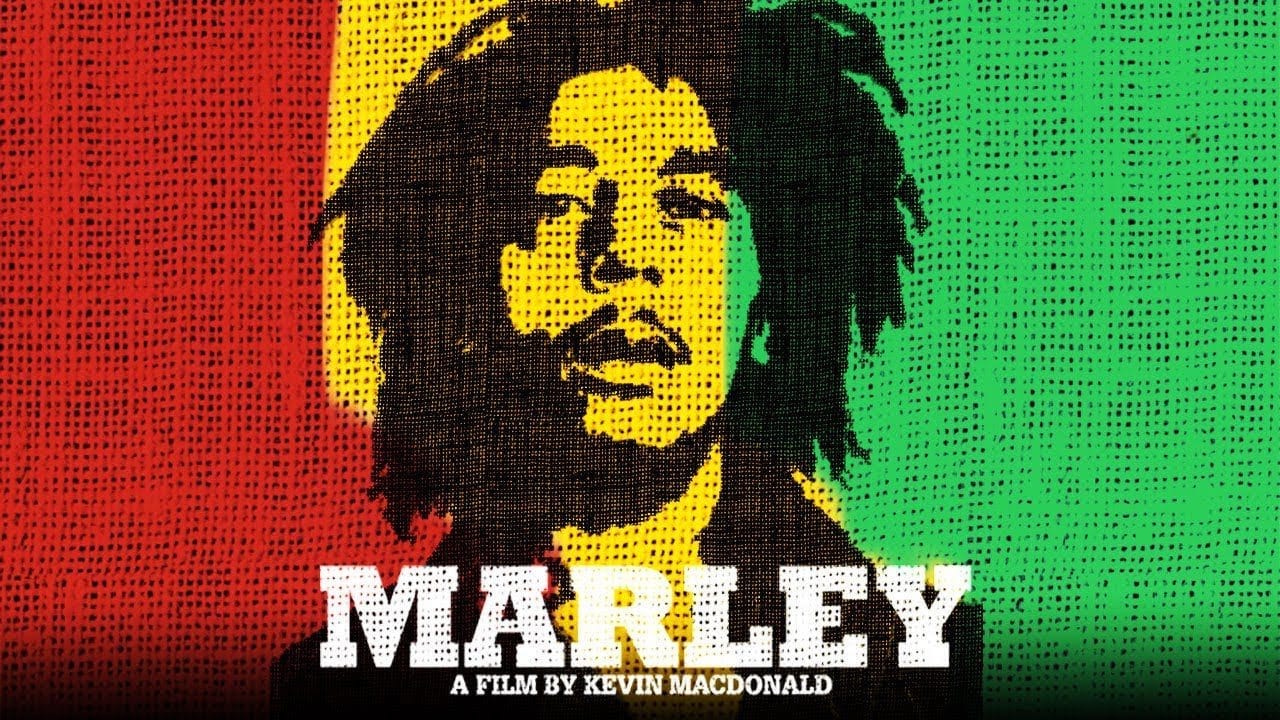Marley
Marley chronicles the life and legacy of reggae icon Bob Marley. Directed by Kevin Macdonald, it traces Marley’s journey from his humble beginnings in Nine Mile, Jamaica, to his rise as a global music phenomenon and cultural symbol.
The documentary begins with Marley’s childhood, born to a white father and black mother, which led to early experiences of social rejection due to his mixed-race heritage. It follows his move to the Trenchtown slums of Kingston, where he found his musical calling and formed The Wailers with Peter Tosh and Bunny Wailer.
Through interviews with family members, friends, and collaborators, it provides intimate insights into Marley’s personal life and artistic development. His wife Rita Marley, children Ziggy and Cedella, and fellow musicians like Bunny Wailer and Lee “Scratch” Perry offer their perspectives on the reggae legend.
The film covers Marley’s musical evolution, from his early ska influences to the development of his signature reggae sound. It highlights pivotal moments in his career, such as his collaboration with Chris Blackwell of Island Records, which brought him international fame.
Marley’s spiritual journey is also a central theme, detailing his embrace of Rastafarianism and how it influenced his music and worldview. It explores how his faith shaped his lyrics and his message of love, unity, and social justice.
The political context of Jamaica during Marley’s rise to fame is woven throughout the narrative. It recounts the attempted assassination of Marley in 1976 and his subsequent peace concert, where he brought together rival political leaders on stage.
The documentary addresses the complexities of its subject, including Marley’s relationships with multiple women and his role as a father to eleven children by seven different mothers. It presents a nuanced portrait of a man driven by his art, his beliefs, and his desire for connection.
It also covers Marley’s battle with cancer, which began with a malignant melanoma on his toe. It details his refusal to have the toe amputated, his continued performances despite his illness, and his final days seeking treatment in Germany and the United States.
Throughout, Marley’s music serves as a backdrop, with concert footage and recordings illustrating his artistic evolution and enduring impact. The film concludes with reflections on Marley’s legacy and his lasting influence on music and culture worldwide.









